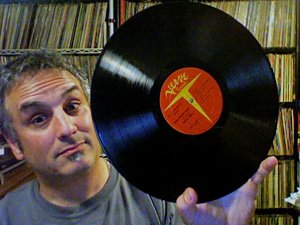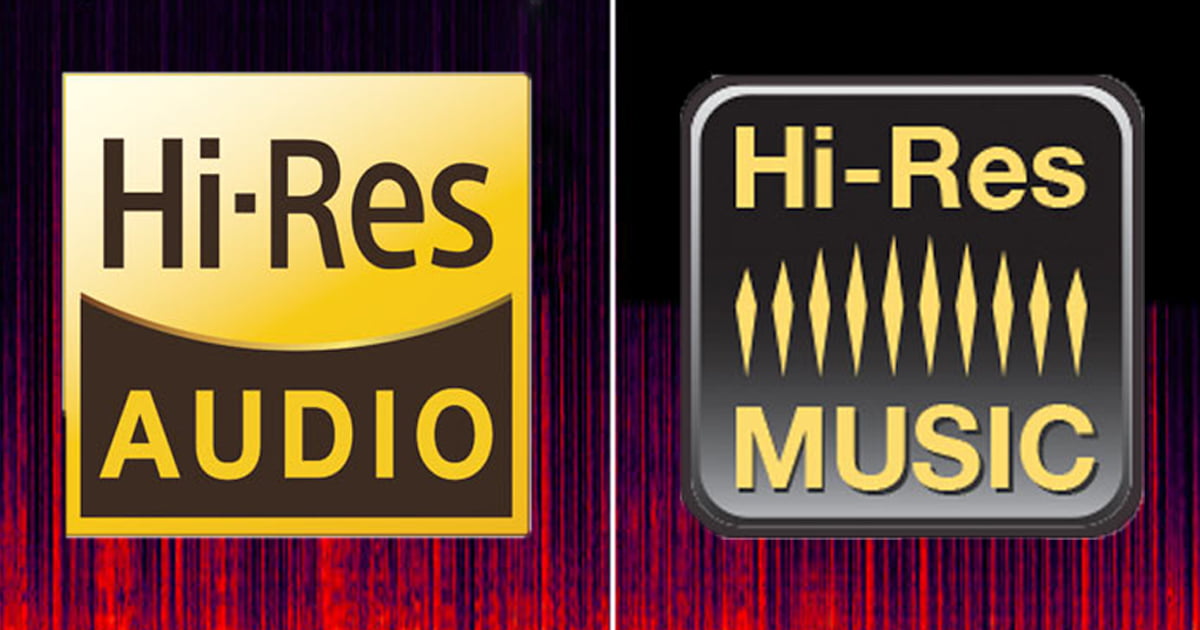It’s the time of year for saving money!
If you have been following this series of Record Store Day (RSD) related articles I’ve been posting here on Audiophilereview.com, you know by now that Warner Brothers has been somewhat stealthily reissuing a bunch of lost gems from the archives of Parlophone Records (formerly owned by EMI and acquired by the label in 2012).
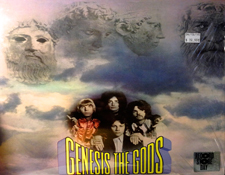 So I won’t bore you with all the same background I’ve already spelled out in those posts (but if you haven’t read them, please click back a few bits and look for them here on Audiophilereview).
So I won’t bore you with all the same background I’ve already spelled out in those posts (but if you haven’t read them, please click back a few bits and look for them here on Audiophilereview).
This latest RSD batch includes the first album by The Gods, a group which includes Ken Hensley — who went on to play keyboards in British prog-hard-rock band Uriah Heep — and future Jethro Tull bassist John Glascock. The Gods were apparently one of those just bubbling under groups that never quite got it all together despite getting to open for groups like Cream (Eric Clapton) and securing a residency at the influential Marquee Club in London; Mick Taylor (not on this album) was in The Gods just before joining John Mayall’s Bluesbreakers.
With 20/20 hindsight it is easy (in some ways) to see why this 1968 album didn’t quite take off in a big way.
It has all the touchstones of the period including plenty of Hammond Organ, one of the signature sounds of the period, especially in the world of psychedelic rock. Actually, given the style of music they were playing, the group did tend to sound a bit like the Vanilla Fudge, a popular American proto-metal hard rock and psychedelic band, which prominently featured the Hammond.
While this music is good, it does tend to sound like many other groups of the period.
Called Genesis, this first album by The Gods is a slice of driving post-Mod psychedelic harder rock ‘n roll, this music borders on the “freakbeat” sound, a modern-day term to describe that driving pulsing music that was just a bit lysergic-ally flavored yet still imminently danceable.
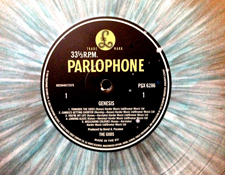 “You’re My Life” is quite possibly the model for a song by England’s new wave / punk pop heroes, XTC — performing under the guise of The Dukes of Stratosphear, a still stunning album of spot-on 60s homages — in a song called “You’re My Drug.” “Candles Getting Shorter” has a really catchy hook — a classic pop song where the hook comes up within the first 30 seconds; the song really should have been titled “Why Do I Keep On Crying?” since that is chorus hook. ”
“You’re My Life” is quite possibly the model for a song by England’s new wave / punk pop heroes, XTC — performing under the guise of The Dukes of Stratosphear, a still stunning album of spot-on 60s homages — in a song called “You’re My Drug.” “Candles Getting Shorter” has a really catchy hook — a classic pop song where the hook comes up within the first 30 seconds; the song really should have been titled “Why Do I Keep On Crying?” since that is chorus hook. ”
“Radio Show” is a peppy little number that mimics The Beatles’ “Got To Get You Into My Life,” complete with a little horn section and deep baritone saxes.
Frankly, I think they stuck the best song at the end of the album — if this album was released for the first time today, “Time and Eternity” would have been the kickoff track, a cruising little rocker this side of The Moody Blues’ “Ride My See Saw.”
No, the problem with this album isn’t the music — its good fun stuff.
The problem, I suspect, was the marketing.
Calling the band The Gods was probably one step too far for most people at the times to consider them seriously. Plus the packaging — replete with statue images of Greek godz peering down at the band from the clouds, like they do in the Ray Harryhausen-animated film Jason & The Argonauts — is just a tad on the cheesy side. This cover was an early effort by Hipgnosis, the folks who later brought us legendary covers such as Pink Floyd’s Dark Side of the Moon.
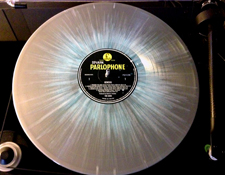 And, while I have no facts on this, just looking at the Wiki and the wave of band members they went through the group in a short time leads me to believe that there were probably internal personality issues as well as management challenges keeping this band behind. It really takes a sort of magical combination of musical talent, management muscle, money and whole lot of luck to get a great band off the ground, especially back in the ’60s.
And, while I have no facts on this, just looking at the Wiki and the wave of band members they went through the group in a short time leads me to believe that there were probably internal personality issues as well as management challenges keeping this band behind. It really takes a sort of magical combination of musical talent, management muscle, money and whole lot of luck to get a great band off the ground, especially back in the ’60s.
Nonetheless, I am glad to have this album. It sounds real good in original Mono, looks beautiful with its heavy (probably 180-gram) silver white and teal splatter vinyl and period-accurate Parlophone labels. This is a reissue that should satisfy most collectors and those of us who are simply curious to hear more music from this time period, music that didn’t really get heard much here in America.
So, thank you Warners and thank you Parlophone for bringing keeping these nuggets of music history alive for a new generation to discover.
Keep the goodies flowing
